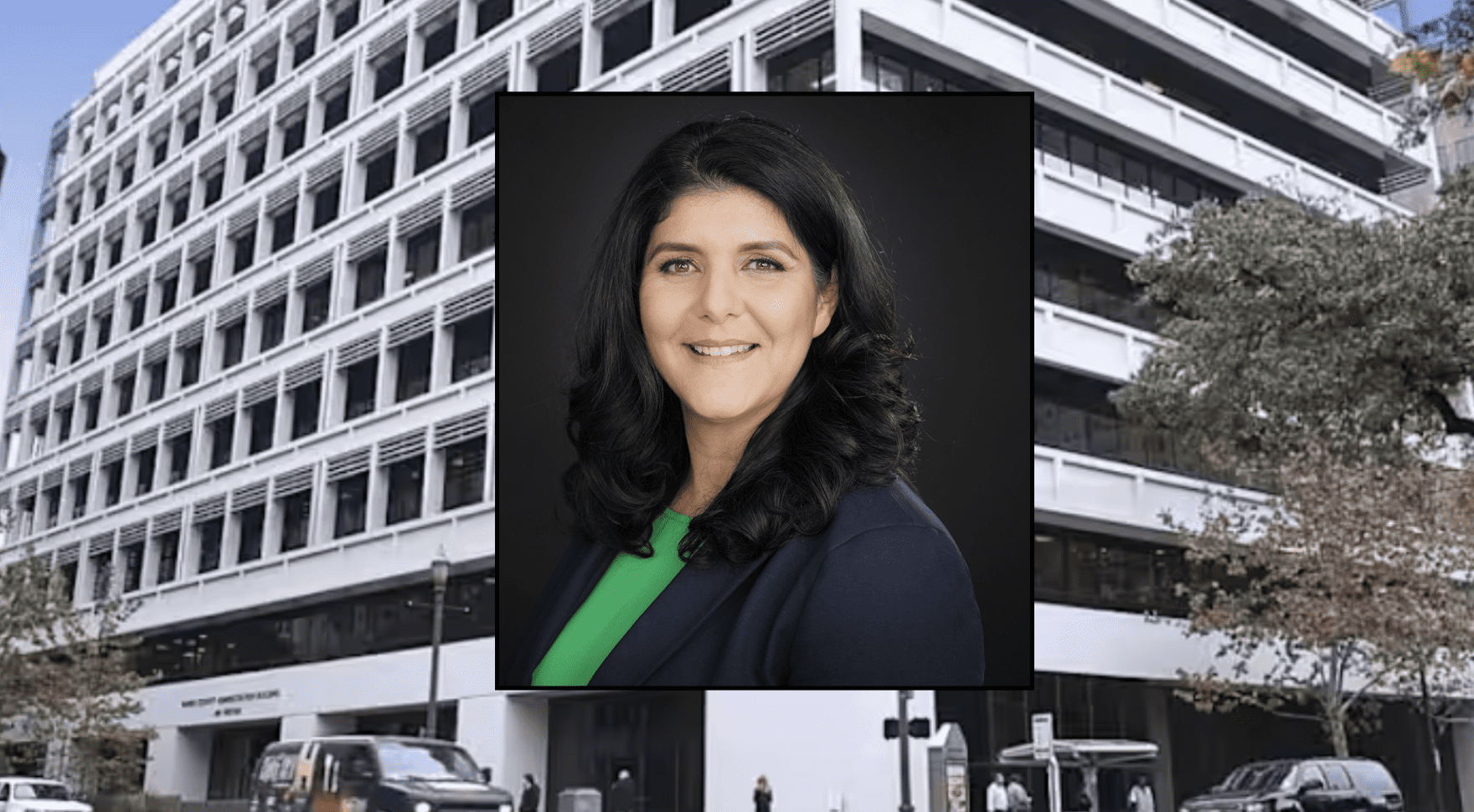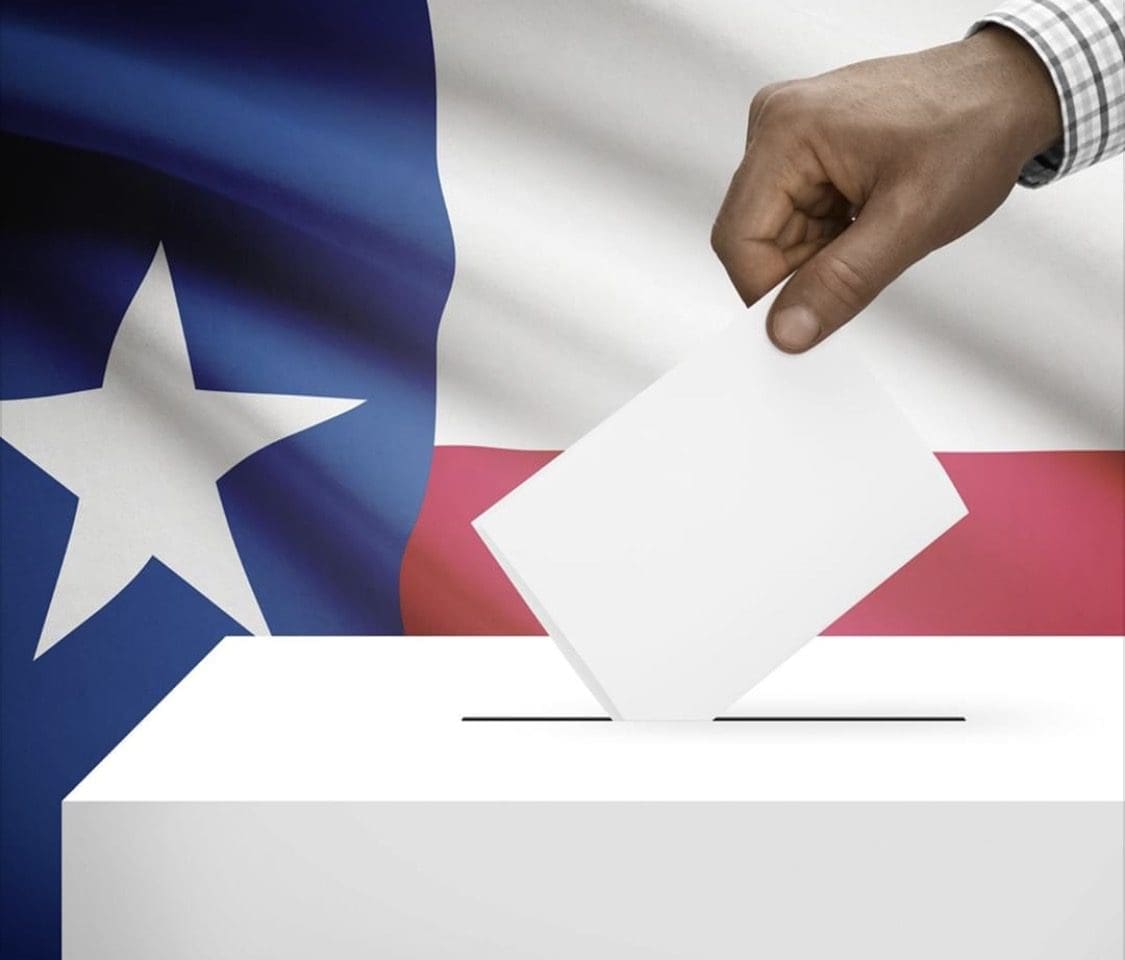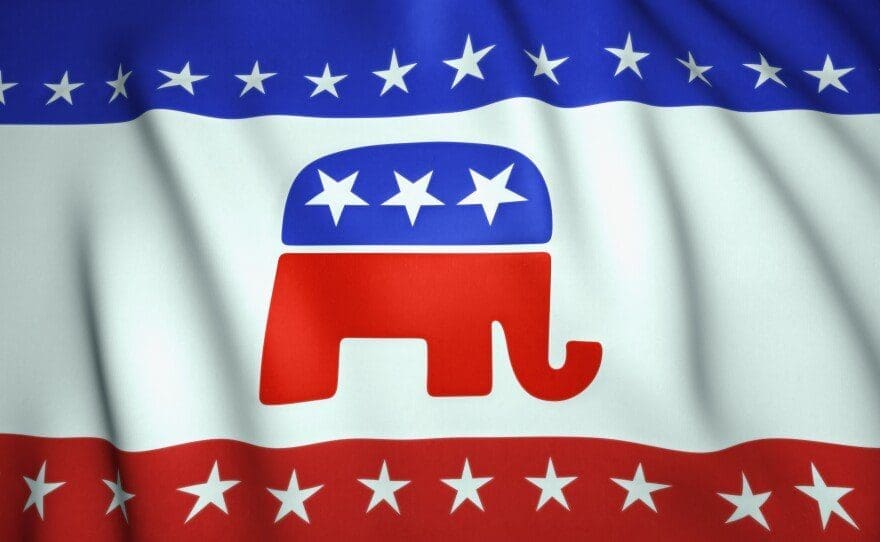On Tuesday, just two days before the beginning of the first special legislative session, Texas House Speaker Dade Phelan created the House Select Committee on Constitutional Rights and Remedies.
Given the prescribed jurisdiction of the newly formed committee, many Texans are puzzled as to how issues signaled to be on the impending special session agenda might fit.
What Issues Will Be Considered During the Special Session?
Texas Gov. Greg Abbott has not yet publicly released a list of items that will be on the agenda for the special session. It is widely assumed that issues like election integrity, bail reform, protections for free speech on social media platforms, and unknown improvements to the ban on critical race theory in public schools will be on the call, given previous statements from Abbott himself.
There is also the issue of restoring funding for the Legislature. Abbott employed his line-item veto powers a few weeks back and stripped that funding for the next fiscal biennium starting September 1, in retaliation for some of his emergency legislative priorities, such as election integrity, not getting across the finish line in the regular legislative session.
Who Sits on This Committee?
The new committee is composed of 15 lawmakers that include nine Republicans and six Democrats.
The committee is chaired by State Rep. Trent Ashby (R–Lufkin). Its vice chairman is Democrat State Rep. Senfronia Thompson (Houston). Committee members include John Bucy (D–Cedar Park), Travis Clardy (R–Nacogdoches), Charlie Geren (R–Ft. Worth), Jacey Jetton (R–Sugar Land), Ann Johnson (D–Houston), Stephanie Klick (R–Ft. Worth), Brooks Landgraf (R–Odessa), J.M. Lozano (R–Kingsville), Oscar Longoria (D–Mission), Joe Moody (D–El Paso), Victoria Neave (D–Dallas), Matt Shaheen (R–Allen), and James White (R–Hillister).
“The issues that the Legislature will be tasked with undertaking are by their very nature complex, and a select committee with expanded membership and expertise is the ideal forum for ensuring their thoughtful consideration,” said Speaker Phelan. “The members I have appointed today bring diverse viewpoints that will greatly benefit the House as these constitutional issues are debated and decided, and I thank them for their willingness to serve in this capacity.”
It is notable that many of the committee members are already chairmen or integral members of existing House committees by which contentious issues navigated the legislative process.
Thompson, the most tenured Democrat lawmaker in the House, is the chairman of the House Licensing & Administration Procedures Committee. Moody is the Speaker Pro Tempore. Geren chairs the House Local & Consent Calendars Committee. Klick chairs the House Public Health Committee. Landgraf chairs the House Environmental Regulation Committee. Neave serves as the chairman of the House Juvenile Justice & Family Issues Committee. White chairs the House Homeland Security & Public Safety Committee. Clardy, Jetton, and Bucy are members of the House Elections Committee, which heard the original omnibus election integrity bill in the 87th regular session; the bill ultimately died as House Democrats, enabled by Republican leadership, “busted-quorum,” causing an impending deadline to pass ending consideration of the bill altogether.
What Issues Will the Committee Cover?
The overall jurisdiction of the newly formed committee is fairly generalized and all-encompassing. It will include matters pertaining to:
-
Rights guaranteed under the United States and Texas constitutions and remedies for a violation of those rights, including matters related to federalism, separation of powers, and public accountability;
-
The implementation, administration, and enforcement of statutory guarantees of those rights;
-
The design, stability, and integrity of democratic institutions responsible for the enforcement and protection of constitutional rights and their statutory guarantees;
-
The conduct of state officers and employees in the enforcement and infringement of constitutional rights and their statutory guarantees;
-
Federal, state, and local funding of entities and activities that enforce and protect constitutional rights and their statutory guarantees; and
-
The following state agencies: the Criminal Appeals, Criminal Prosecutions, General Counsel, Opinion Committee, and Solicitor General Divisions of the Office of the Attorney General; Office of Court Administration’s Office of the Governor’s Office of the Secretary of State; Civil Rights Division and the Texas Workforce Commission; and any other state officer, agency, board, commission, department, or institution as it relates to the subject matter jurisdiction of this committee.
Arguably, this could mean issues ranging from election integrity to emergency powers reform could navigate their way through this committee, assuming they are referred there by Phelan when the Legislature convenes during the special session.
What Does It All Mean?
With fewer than two days before the beginning of the first special session, seemingly the only Texans who know what will be on the agenda are Gov. Greg Abbott, Lt. Gov. Dan Patrick, House Speaker Dade Phelan, and a select group of lawmakers who have been briefed on such things.
Everyday Texans are still in the dark.
For an explainer on how special legislative sessions work, go here.





